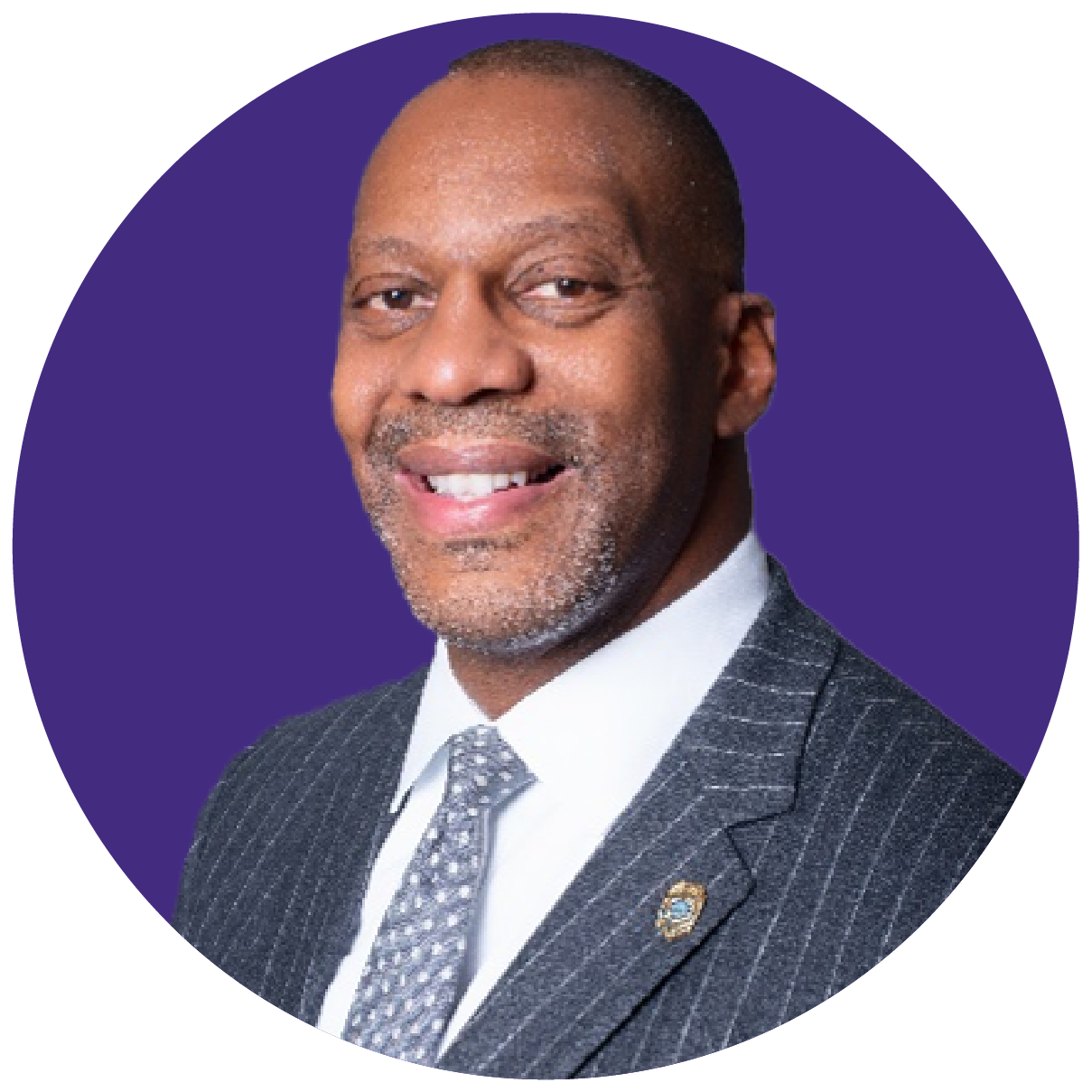
Byron Gipson
Solicitor of the Fifth Circuit, Richland & Kershaw Counties, SC
Byron Gipson is the Solicitor of the Fifth Judicial Circuit in South Carolina, serving as the chief prosecutor of individuals charged with criminal offenses occurring in Richland and Kershaw Counties. Mr. Gipson was previously elected as the Chairman of the South Carolina Humanities Council and was appointed by the South Carolina Supreme Court to serve on The Committee on Character and Fitness. Prior to his current role, Mr. Gipson was a partner at Johnson, Toal, and Battiste, PA, where he practiced law for 21 years. Mr. Gipson graduated from the College of Charleston with degrees in English and Political Science and holds a J.D. from the University of South Carolina School of Law.
Warrant Resolution Clinics in Richland and Kershaw Counties, South Carolina
Byron Gipson, solicitor of the 5th circuit in South Carolina, helps residents “hit reset”
Solicitor Byron Gipson of the 5th district of South Carolina believes he and his team should be “ministers of justice.” He became an E Pluribus Unum fellow in 2020 as part of that pursuit.
Gipson has seen many sides of the law; solicitors are South Carolina’s district attorneys, but for over twenty years prior to taking the role, Gipson was a criminal defense lawyer. He is devoted to keeping his community safe. He also believes the justice system should be fair and equitable, but that there are disparities in experience and outcomes across lines of race and class.
Too often, Gipson saw people in his community in jail, or at risk of arrest, over low-level, nonviolent matters like unpaid traffic tickets. Some had missed a court date for a misdemeanor, and now had a “bench warrant,” meaning they could be arrested and held in jail to wait for their rescheduled date.
Often these were people of color or people in poverty. Gipson felt it didn’t serve his community to have them terrified of a routine traffic stop, or sitting in jail, away from their families and jobs. He also felt it wasn’t the best use of law enforcement’s time to arrest them.
